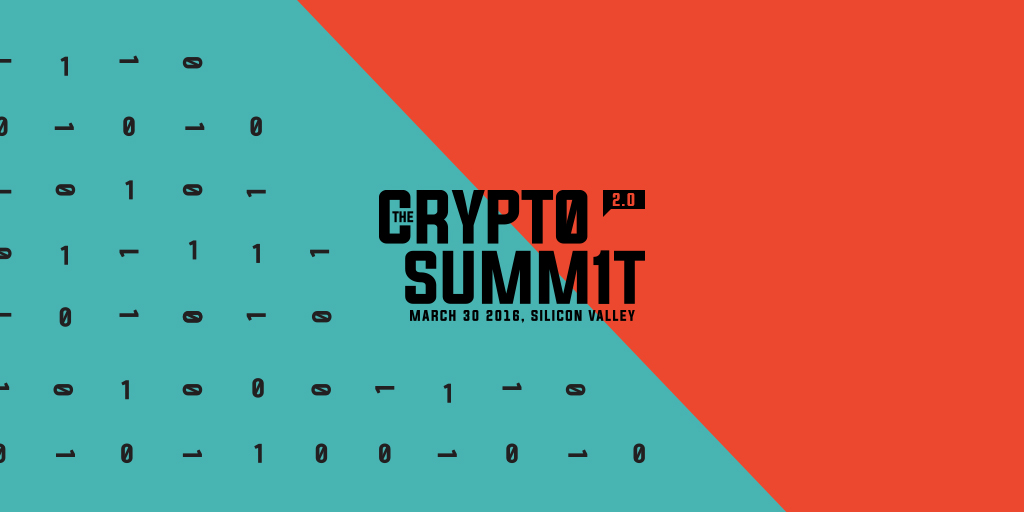Today Access Now announces Crypto Summit 2.0, which will be held in San Francisco on March 30, 2016. The event will take place alongside RightsCon, our annual signature conference that explores the intersection of human rights and technology. In coordination with the announcement, Access Now is asking for global feedback on questions regarding encryption policy.
Register for Crypto Summit 2.0 now!
The first Crypto Summit, held in June 2015 in Washington, D.C., brought together technology, policy, and legal experts from different sectors. The conference focused on the history of the debates over encryption, the different types of encryption tools and technologies, the legal fight over the use of encryption, and the benefits and challenges posed by encryption.
While the 2015 conference was largely presentation-led, the 2.0 event will instead primarily have a discussion format, and will attempt to address some of the outstanding questions on encryption and the policies around it. The conference will take place across four tracks, with each track focused on a specific issue. The tracks are below.
In advance of the Crypto Summit 2.0, Access Now is asking those interested in digital security and encryption around the world to help us further develop these topics. Accordingly, we are asking for responses to questions that could help deepen the conversation and focus it, to address the global debate meaningfully and comprehensively.
You are invited to review the questions, and send us your answer until February 21, 2016 (Comments also may be submitted via email to Nathan (at) Accessnow (dot) org).
It is free to attend the Crypto Summit 2.0 (note: RightsCon requires separate registration). For more information, or to register to attend the Crypto Summit 2.0, please visit https://accessnow.cshp.co/crypto-summit-2-0/.
Crypto Summit 2.0 tracks are:
- Roles and responsibilities in an encrypted world
Right now, law enforcement and intelligence agencies around the world are mining data, re-routing internet traffic, and hacking into devices and systems, sometimes on a mass scale. While these tactics may present an alternative to undermining encryption, they each come with their own costs, including serious costs to human rights. Discussants in this track will explore without prejudice the rumored, public, or potential methods and tools that are available to government surveillance agencies; where and how they are explicitly authorized; their costs and benefits; and high-level safeguards that need to be in place if they are carried out. (hashtag: #CS2roles)
- The costs of mandated access on the borderless digital economy
When laws require that companies change their way of doing business in order to facilitate surveillance, it often adds economic, reputation, and legal costs. These costs include the cost of building new or different infrastructure, or restructuring supply or service chains for different jurisdictions around the world; the costs of defending a company against questionable court orders or fighting gag orders and other restrictions on transparency; and the more amorphous costs of violating human rights, deteriorating user trust, and losing business as a result. Discussants in this track will attempt to explore these costs and discuss means and methods for measuring their impact on end users. (hashtag: #CS2costs)
- The weight of security: Measuring the benefits of robust encryption
Some justify invasive surveillance techniques and authorities by pointing to terrorist attacks, injuries, and deaths. However, encryption also saves lives. This side of the scale, favoring robustly secured networks, is not well defined. This track will explore the benefits — including the return on investment — of encryption and try to formulate a means to quantify and measure those benefits. (hashtag: #CS2benefits)
- Busting barriers: Identifying and conquering the obstacles to widespread adoption of encryption
Encryption is well known as the best and most reliable (though not completely reliable) way of protecting sensitive data. However, too few companies are using it, and they are implementing it only sporadically, and sometimes in outdated forms. This track will explore why that is, and what the best ways may be to overcome the barriers and move toward a future where encryption, particularly for our most sensitive data, is ubiquitous. (hashtag: #CS2barriers)
